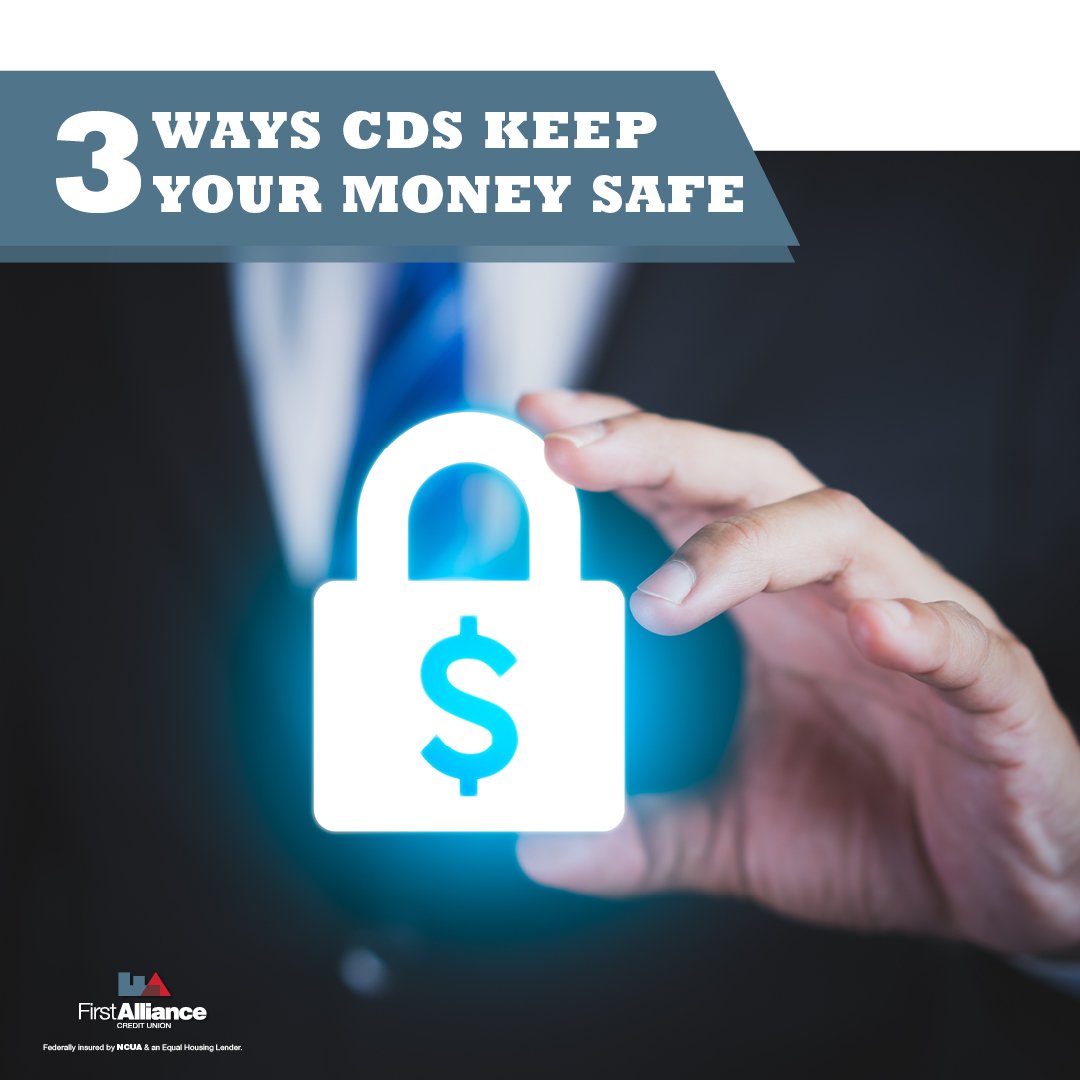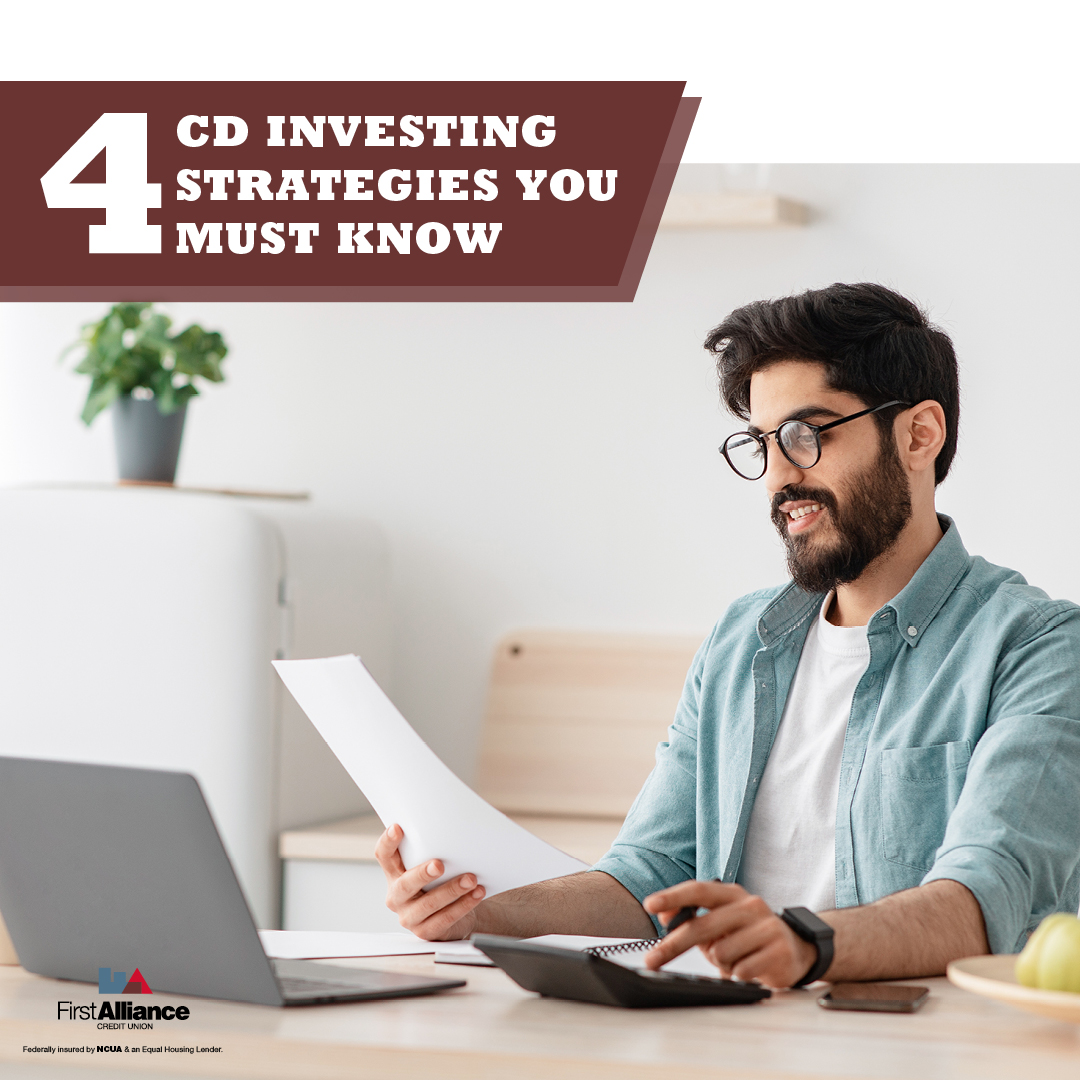Basics of a CD Ladder Strategy
You're probably aware that a certificate of deposit, commonly called a CD, is a type of investment account. You might also be aware of the advantages...


After Bernie Madoff was caught stealing billions of dollars from investors he had lured into his Ponzi scheme, people realized that not everything that shines is gold. You may not run into a white-collar criminal like Madoff, but if you've done research online for investments over the years, you'll end up running across scams sooner or later. Be on the lookout for signs such as these:
Often the first thing that those perpetrating investment fraud will try to do is promise that buying a certain stock or opening an IRA with them will see very high returns on your investment. If it's higher than what most other investments in the same market are, it's probably a scam. According to this site, “Fraudsters can entice others to buy products that will never arrive, or invest in easy and ‘profitable’ opportunities that will never come to fruition. These scams can be hard to distinguish from real purchases and opportunities because the cyber criminal may use templates and contact information that look real, and sometimes they’ve even gotten hold of your own personal information in order to ‘prove’ to you that they are legit.” That doesn't mean there aren't investments out there that will make gains quickly, but the higher the return promised, the higher the chance you have of losing all your money in it.
Agencies like the SEC and Federal Trade Commission work to make sure investors don't fall prey to investment or business scams. They have systems where companies register with them and release financial statements so that people can check them out. If the investment you're looking at buying isn't from a registered company, you should avoid it.
According to this site, we are social creatures and sites like Twitter and Facebook show it. However, “with this tremendous popularity comes a dark side as well. Virus writers and other cyber criminals go where the numbers are—and that includes popular social media sites.” If you're getting emails telling you that you should be investing in something you've never heard of or if you see banners on Facebook about a big money-making opportunity, you should probably stay away from it. Even if you see the headline that someone famous is doing it, stay away. Scammers often like to try and make their pitches look like real news.
If you want to know about a financial investment opportunity or other product, don't be afraid to dig around for information on it. Ask the company or sales agent selling it direct questions and always get straight answers from them. If you're not quite getting the answers you want, ask verified financial experts if they know the company or agent.
Sometimes the biggest trap a scammer can set is by giving their victims something free or special to go with the product they're selling. This can have investors feel they're being cared for and they will be more eager to trust the company offering the pitch. Sometimes legitimate companies offer perks too, but no matter what, you still need to make sure you do adequate research on their products.
Fraud is everywhere with investment advertising as well as other services and pitches to start up your own business in a multi-level marketing scam or similar schemes. Now, don't just write off every investment opportunity that comes up as a scam because there are some legitimate, very high return investments out there including penny stocks that could, in fact, help you. But you should keep in mind tips such as those pointed out by the SEC to avoid investment fraud.
For more investing tips and information, look at what we have to offer!

You're probably aware that a certificate of deposit, commonly called a CD, is a type of investment account. You might also be aware of the advantages...

When people talk about the advantages of opening a certificate of deposit, they usually focus on the higher interest rate. While that is an important...

At first glance, you wouldn’t think that putting your money in a certificate of deposit, otherwise known as a CD, requires a lot of strategy. True,...